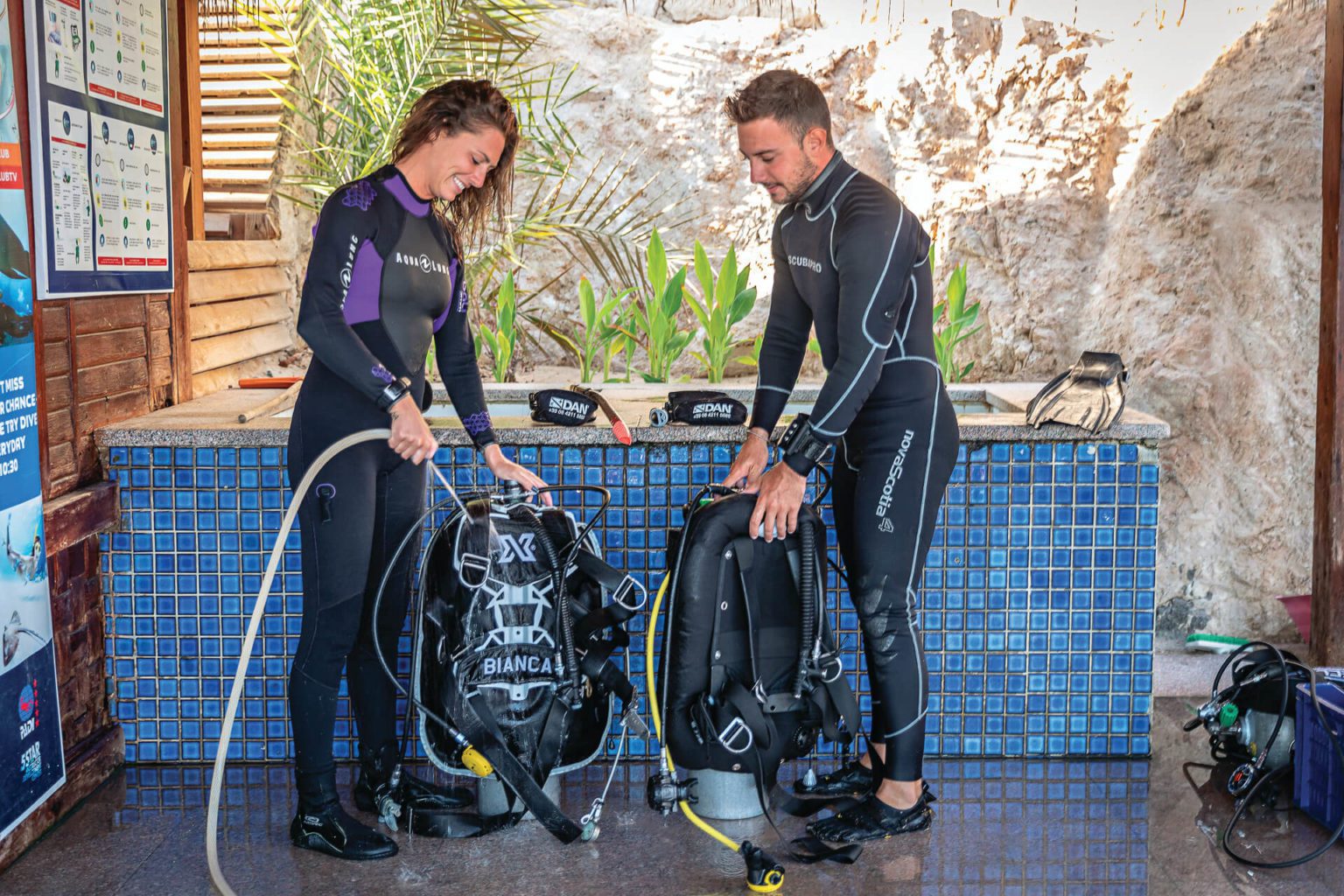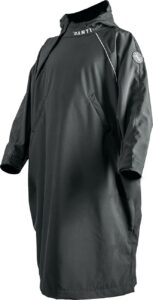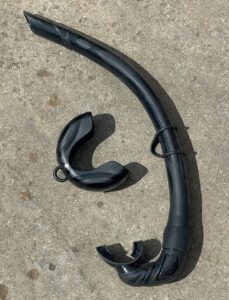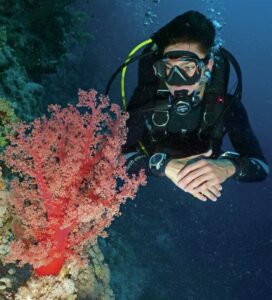As Guy Thomas explains, looking after your diving equipment could keep you alive and avoid potential incidents.
How to clean your scuba gear and its general maintenance, or ‘the process of keeping something in good condition', isn't just needed to keep the warranty valid; it can prolong the life of your scuba gear and even keep you alive.
Who are the enemies? The two biggest enemies of our scuba gear are salt water and sun.
Salt is dissolved in seawater, and from the moment water starts evaporating, salt crystals form, which could lead to jammed zippers, leaking or sticking valves, free-flowing regulators and buttons stuck in the ‘open' position.
Who are our friends? The maintenance technician and freshwater! Rinsing is the magic word. Rinse everything with fresh water after every dive. Incidentally, diving in a pool or fresh water doesn't release you from cleaning and washing your kit. Chlorine (pool water), dirt and bacteria (freshwater) also need to be removed.
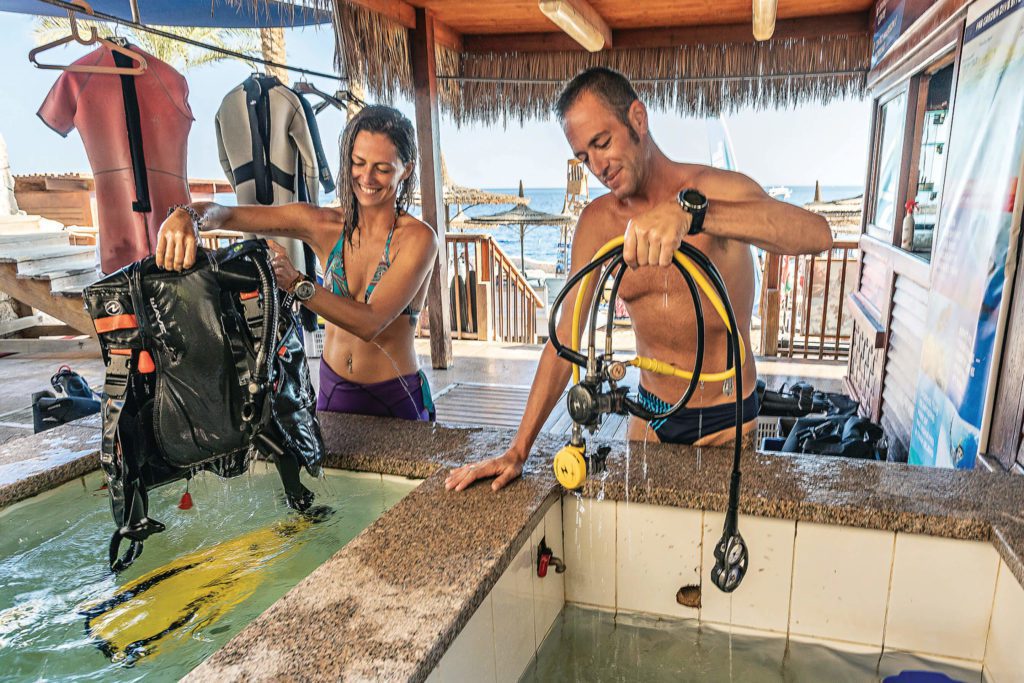
General Rinsing Principles
Try to keep the time between the dive and the rinsing as short as possible to prevent salt crystals from forming. Use lukewarm water rather than cold water, allowing crystals that may have formed to dissolve better.
In some dive centres, you don't have access to a water hose to rinse your equipment, but you can place it in tubs with ‘fresh' water and give it some time to ensure the salt is washed off. But where does all that salt go? Right into the tub! Most dive centres change the water often, but when many divers use the tubs simultaneously, it is less effective than a water hose or shower. To reduce this issue, some centres provide a separate tub for regulators, computers and photo gear, as these items are more sensitive.
Don't soak or rinse for a few seconds – you need time to remove salt or dirt from the equipment.
We can do nothing to prevent salt crystals from forming, but we can prevent them from building up. Exposure to the sun (drying your kit after a dive) will allow crystals to develop more quickly, and direct contact with sunlight decreases the lifetime of your gear in any case. Salt water, fresh water, pool water, and even the water you clean can also cause calcium deposits.
Dive suits and fins require less care, but water gets everywhere. Keep in mind that every piece of equipment with grooves, overlapping parts such as hose protectors, valves, buttons, couplings and moving parts is prone to salt crystals and calcium deposits, with risks of possible malfunction, leaks or a decreased lifetime.
Then there's the BCD, especially the internal bladder. Water can/will get inside, and humidity, bacteria and warmth are a perfect mix for fungus to grow. Also, salt crystals on the inside can damage the bladder, so rinse the internal part too.
Take some time to rinse dive computers and keep metal contacts clean to avoid corrosion.
Regulators require special care. There are several parts where salt deposition is possible, so rinse them thoroughly, avoiding letting water into the first stage. Soak or rinse them with fitted protection caps, and don't press the purge button when immersed and not pressurised. Turning all moving parts – such as airflow controllers – and lowering hose protectors during the cleaning process is recommended to make sure all salt is removed.
Last but not least, dive equipment does not like alcohol, oil, gasoline or chemical solvents, as they might degrade materials. Avoid contact with these chemicals!
Disinfection and Cleansing Agents

Washing dive equipment in a machine washer is not recommended. Neither is the use of potent washing agents. Mild cleansing agents or unique products such as anti-odour solutions or wetsuit shampoo will remove dirt, kill bacteria and deodorise neoprene correctly. Always follow the manufacturer's instructions before use.
Disinfecting agents – when not already part of the cleansing agent – are recommended, especially for BCDs and all equipment coming into contact with your face and mouth: regulators and snorkel masks. Most of the water we dive in – ocean, lakes, freshwater springs and even swimming pools – contains bacteria. Remember, in case of repeated mask clears or mask removal/replacement. Defogging your mask with saliva also increases the bacteria population.
Use a special or mild cleansing/disinfecting agent for the BCD internal bladder. Get water and cleansing solution into the BCD through the inflator hose. Once cleaned inside, rinse with fresh water, inflate and drain any remaining water from the inflator hose.
What about Zips?
Dive suits, boots and even our dive bags have zips that, if not properly maintained, don't slide smoothly over time. The reason can be salt and calcium deposits, sand or dirt, leading to a broken zip. Cleaning with fresh water is the first thing to do. Use a toothbrush to remove any sand or dirt. Some commercial products (with an incorporated brush) are available for cleaning and lubricating these zips.
With drysuits, the zips are a fragile and expensive component, and special care is required. Therefore, Zip wax or Zip oil is recommended to keep the zip lubricated. When the zip gets dry, you will notice a resistance, and too much force to open or close a zip is a clear sign you did not do that maintenance well.
Often Forgotten
All items usually carried in pockets (BCD or drysuit), cylinders and everything inside a pouch or rolled up (such as retractors or DSMBs) are forgotten. Rolled-up items should be unrolled when washed, and inside the SMBs and release valves must be rinsed. Some extra care is needed for the boot assembly of the cylinder, as salt water will remain between the boot and the cylinder, leading to corrosion.
Once we rinsed and cleaned our gear, we need to dry and store it. We will discuss this in our next article.
Before taking the plunge, make sure your DAN membership is still active. If it isn't, join DAN or renew your membership at DAN Europe.
Your DAN membership ensures the services of the biggest international network for assisting divers anywhere, during any emergency.
